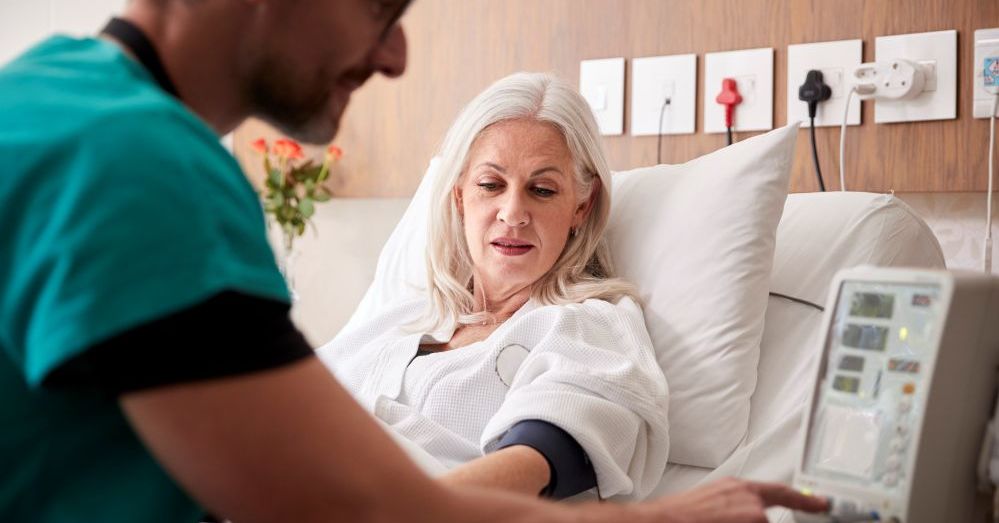The Missing Link in Ketamine Therapy: Ongoing Psychiatric Support

Ketamine therapy has reshaped what’s possible in mental health care. For patients with treatment-resistant depression, anxiety, or PTSD, it can bring relief when other options have failed. Many patients describe a sense of lightness or clarity within hours or days—something traditional medications rarely deliver.
But the real opportunity isn’t just the breakthrough itself. It’s what happens next.
Building on the Breakthrough
Ketamine is a powerful catalyst, often opening the door to healing when other treatments have fallen short. Yet patients need more than the immediate relief of an infusion—they need ongoing guidance, structure, and follow-up to help turn that breakthrough into lasting progress.
Where Psychiatric Support Fits In
At Therapeutic Infusions, psychiatric nurse practitioners (PNPs) provide that continuity of care. Their role is not to replace ketamine therapy, but to complement it—helping patients integrate their experience, manage ongoing needs, and adjust treatment plans over time.
This includes:
- Comprehensive evaluations to understand the full picture of each patient’s history
- Medication management when appropriate, tailored to work alongside ketamine therapy
- Therapeutic check-ins that go beyond quick refills, offering real conversation and support
- Flexible options including virtual appointments for easier access
Why Integration Matters
Patients often make their first real strides with ketamine. Psychiatric support ensures those strides don’t stop there. Having both treatments available under one roof means progress can be reinforced, challenges can be addressed quickly, and care remains continuous instead of fragmented.
A Complete Approach to Healing
Ketamine therapy provides the spark. Psychiatric support provides the follow-through. Together, they form a more complete approach—one that honors both the immediacy of breakthrough treatments and the importance of sustained, patient-centered care.
At Therapeutic Infusions, our goal is simple: not just helping patients feel better in the moment, but equipping them with the tools and support to keep moving forward.





